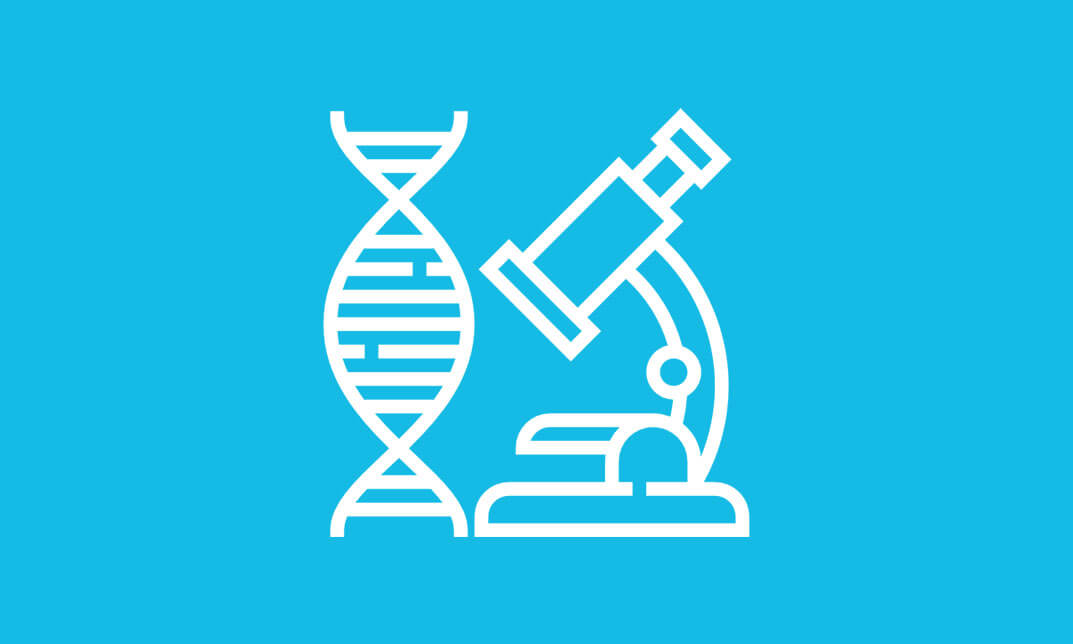Course Description
This course enables students to develop their understanding of concepts related to biology, chemistry, physics, and Earth and space science, and to relate science to technology, society, and the environment. Throughout the course, students will develop and refine their STEM skills as they use scientific research, scientific experimentation, and engineering design processes to investigate concepts and apply their knowledge in situations that are relevant to their lives and communities. Students will continue to develop transferable skills as they become scientifically literate global citizens.
Overall Expectations
By the end of this course, students will:
A. STEM Skills, Careers, and Connections
| A1 | STEM Investigation Skills: apply scientific processes and an engineering design process in their investigations to develop a conceptual understanding of the science they are learning, and apply coding skills to model scientific concepts and relationships |
| A2 | Applications, Careers, and Connections: analyse how scientific concepts and processes can be applied in practical ways to address real-world issues and in various careers, and describe contributions to science from people with diverse lived experiences |
B. Biology
| B1 | Relating Science to Our Changing World: assess impacts of climate change on ecosystem sustainability and on various communities, and describe ways to mitigate these impacts |
| B2 | Investigating and Understanding Concepts: demonstrate an understanding of the dynamic and interconnected nature of ecosystems, including how matter cycles and energy flows through ecosystems |
C. Chemistry
| C1 | Relating Science to Our Changing World: assess social, environmental, and economic impacts of the use of elements, compounds, and associated technologies |
| C2 | Investigating and Understanding Concepts: demonstrate an understanding of the nature of matter, including the structure of the atom, physical and chemical properties of common elements and compounds, and the organization of elements in the periodic table |
D. Physics
| D1 | Relating Science to Our Changing World: assess social, environmental, and economic impacts of electrical energy production and consumption, and describe ways to achieve sustainable practices |
| D2 | Investigating and Understanding Concepts: demonstrate an understanding of the nature of electric charges, including properties of static and current electricity |
E. Earth and Space Science
| E1 | Relating Science to Our Changing World evaluate social, environmental, and economic impacts of space exploration and of technological innovations derived from space exploration |
| E2 | Investigating and Understanding Concepts demonstrate an understanding of the components, characteristics, and associated phenomena of the solar system and the universe, and the importance of the Sun to processes on Earth |
Course Content
| Unit | Title | Unit Time |
|---|---|---|
| Unit 1 | Biology | 27 hours |
| Unit 2 | Chemistry | 27 hours |
| Unit 3 | Physics | 27 hours |
| Unit 4 | Earth and Space Science | 24 hours |
| Final | Course Culminating Activity | 3 hours |
| Final Examination | 2 hours | |
| Total : 110 hrs |
Diagnostic assessment is used at the beginning of a unit to assist in determining a starting point for instruction. Assessments for Learning and as Learning (AFL & AAL) provide information to students as they are learning and refining their skills. Assessment of Learning (AOL), at the end of units and course, provides students with the opportunity to synthesize/apply/demonstrate their learning and the achievement of the expectations. The course also provides the students with a variety of ways to demonstrate their knowledge through the so-called Triangulation Assessments, which may assess students through Observation and/or Conversation (i.e. Oral Presentations or Student Interviews), as well as Student Products. The AOLs are posted at the end of each unit.
There are four levels of achievement for students who are passing the course:
- Level 1 (50-59%)
- Level 2 (60-69%)
- Level 3 (70-79%)
- Level 4 (80-100%)
Level 3 is the provincial standard for student achievement.
The final grade will include the following weighting:
| Knowledge/Understanding | Thinking/Inquiry | Communication | Application |
|---|---|---|---|
| 25 | 25 | 25 | 25 |
Seventy percent (70%) of the grade will be based on evaluation conducted throughout the course. The final evaluation will take into account the student’s most recent and most consistent performance.
Thirty percent (30%) of the grade will be based on a final evaluation consisting of the final examination and the independent study unit, which will take into account the entire course, including the student’s most recent and most consistent performance.
The evaluation for this course is based on the student’s achievement of curriculum expectations and the demonstrated skills required for effective learning. Final percentage grade represents the quality of the student’s overall achievement of the expectations for the course and reflects the corresponding level of achievement as described in the achievement chart for the discipline.
Proctoring
• The tests are typically a paper-pen evaluation written at a mutually agreed time, date, and location. The tests will be proctored, meaning a suitable adult with a dedicated identifiable and authentic email address will supervise you in writing the tests. This process ensures the security and integrity of the test. Any person related or affiliated with the student in a personal way cannot serve as a test supervisor.
Resources required by the student
- A scanner, smartphone camera, or similar device to upload handwritten or hand-drawn work
- A front-facing camera on a desktop, laptop, or mobile device to allow for proctoring over the internet
- Internet access and a modern standards-compliant web browser
The tuition for this course is $800 for Canadian students and $2000 for international students.
Refunds
Maple Leaf School does not issue refunds. When a student enrolls in our course, MLS administration team undertakes many tasks including establishing electronic/physical files, assigning teachers and tracking the enrolment for Ministry purposes, etc. The work is completed by our school the moment you register online.
Course Curriculum
Course Reviews
No Reviews found for this course.


